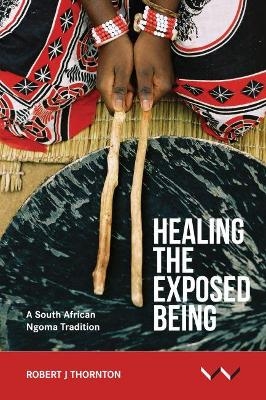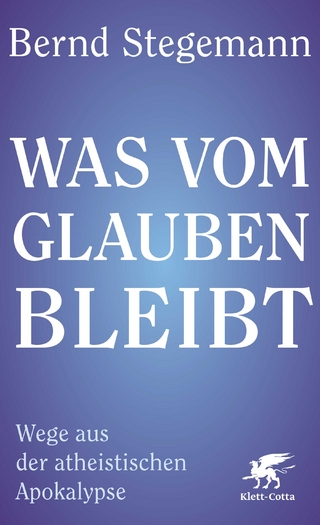
Healing the Exposed Being
The Ngoma healing tradition in South Africa
Seiten
2017
Wits University Press (Verlag)
978-1-77614-018-3 (ISBN)
Wits University Press (Verlag)
978-1-77614-018-3 (ISBN)
Explores the Ngoma healing tradition as practised in eastern Mpumalanga, South Africa. “Bungoma” is an active philosophical system and healing practice consisting of multiple strands that is based on the notion that humans are intrinsically exposed to each other; while this is the cause of illness, it is also the condition for the possibility of healing.
This ethnography explores the Ngoma healing tradition as practised in eastern Mpumalanga, South Africa. ‘Bungoma’ is an active philosophical system and healing practice consisting of multiple strands that is basedon the notion that humans are intrinsically exposed to each other; while this is the cause of illness, it is also the condition for the possibility of healing. This healing seeks to protect the ‘exposed being’ from harm through augmenting the self. Unlike Western medicine, it does not seek to cure physical ailments but aims to prevent suffering by allowing patients to transform their personal narratives of self. Like Western medicine, it is empirical and is presented as ‘local knowledge’ that amounts to a practical anthropology of human conflict and the environment. The book examines this anthropology through political, economic, interpretive and environmental lenses and seeks to bring its therapeutic applications into relation with global academic anthropology.
This ethnography explores the Ngoma healing tradition as practised in eastern Mpumalanga, South Africa. ‘Bungoma’ is an active philosophical system and healing practice consisting of multiple strands that is basedon the notion that humans are intrinsically exposed to each other; while this is the cause of illness, it is also the condition for the possibility of healing. This healing seeks to protect the ‘exposed being’ from harm through augmenting the self. Unlike Western medicine, it does not seek to cure physical ailments but aims to prevent suffering by allowing patients to transform their personal narratives of self. Like Western medicine, it is empirical and is presented as ‘local knowledge’ that amounts to a practical anthropology of human conflict and the environment. The book examines this anthropology through political, economic, interpretive and environmental lenses and seeks to bring its therapeutic applications into relation with global academic anthropology.
Robert Thornton has conducted long-term ethnographic research in South Africa as an anthropologist at the University of the Witwatersrand, Johannesburg since 1992, and in Tanzania and Uganda.
| Erscheinungsdatum | 01.06.2017 |
|---|---|
| Verlagsort | Johannesburg |
| Sprache | englisch |
| Maße | 152 x 229 mm |
| Themenwelt | Geisteswissenschaften ► Religion / Theologie |
| Sozialwissenschaften ► Ethnologie | |
| Sozialwissenschaften ► Soziologie | |
| Veterinärmedizin | |
| ISBN-10 | 1-77614-018-4 / 1776140184 |
| ISBN-13 | 978-1-77614-018-3 / 9781776140183 |
| Zustand | Neuware |
| Informationen gemäß Produktsicherheitsverordnung (GPSR) | |
| Haben Sie eine Frage zum Produkt? |
Mehr entdecken
aus dem Bereich
aus dem Bereich
Wege aus der atheistischen Apokalypse
Buch | Hardcover (2024)
Klett-Cotta (Verlag)
25,00 €
eine Philosophie der besten Jahre
Buch | Hardcover (2024)
Carl Hanser (Verlag)
25,00 €


